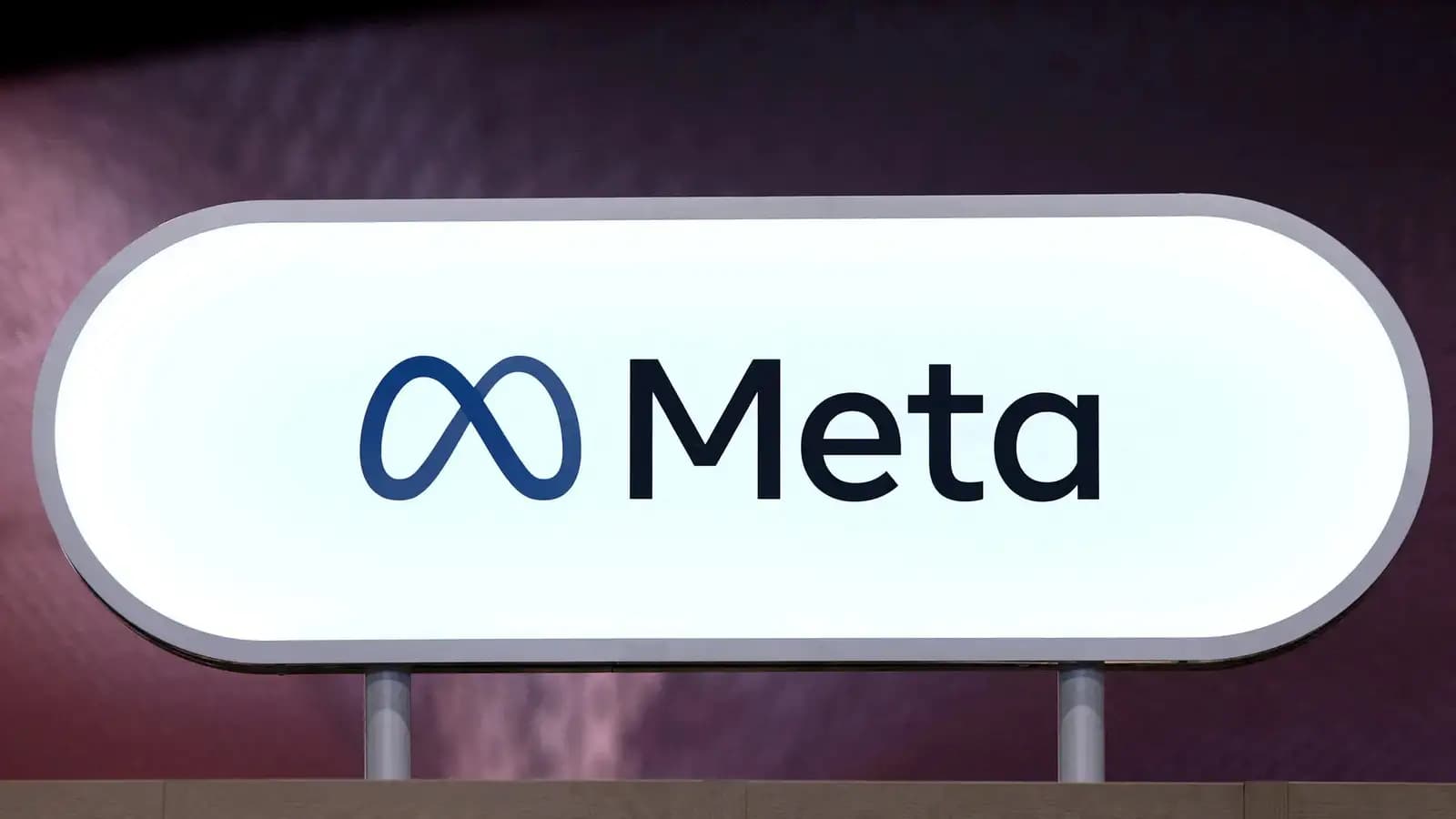We're loading the full news article for you. This includes the article content, images, author information, and related articles.
The tech giant's massive spending on Artificial Intelligence signals a strategic shift with profound implications for Kenya's digital infrastructure, tech talent, and the future of content moderation jobs.

NAIROBI – Meta Platforms Inc. on Wednesday, October 29, 2025, announced record-breaking quarterly revenue alongside a colossal spending commitment to Artificial Intelligence, a move that could reshape Kenya's role in the global digital economy. The results present a complex picture for investors and stakeholders in East Africa, balancing immense profitability in its core advertising business with costly, long-term bets on AI.
The parent company of Facebook, Instagram, and WhatsApp reported revenues of $51.24 billion for the third quarter of 2025, a 26% increase year-over-year that surpassed analyst expectations. However, this strong performance was overshadowed by a significant drop in net income to $2.71 billion, caused by a one-time, non-cash tax charge of $15.93 billion. Excluding this charge, the company's diluted earnings per share (EPS) would have been $7.25, well above the reported $1.05.
For Kenya, Meta's intensified focus on AI carries significant weight. The company's massive infrastructure investments are foundational to its AI ambitions, and East Africa is a key node in this global network. Meta is a primary investor in the 45,000-kilometre 2Africa subsea cable, the world's longest, which has a landing point in Mombasa and is designed to encircle the continent. Just this week, on October 28, 2025, Meta announced a partnership with Safaricom for a second high-capacity undersea cable, named 'Daraja', connecting Kenya directly to Oman. This new route enhances connectivity and provides a strategic alternative to the congested Red Sea corridor, positioning Kenya as a critical digital hub for the region.
While these infrastructure projects promise to boost Kenya's digital economy, Meta's AI pivot raises questions about the future of local jobs, particularly in content moderation. For years, Nairobi has been a major hub for moderating content from across sub-Saharan Africa, a role that has been both a source of employment and controversy over working conditions. As Meta pours billions into developing AI to handle content moderation, the long-term stability of these roles is uncertain. The company's aggressive hiring is now almost exclusively focused on high-cost AI talent, a global race that may have limited immediate benefits for the broader Kenyan tech workforce.
Meta's leadership has made it clear that the spending will not slow down. Chief Financial Officer Susan Li, confirmed in her role since 2022, stated during an investor call that the company will need to “invest aggressively” through 2026 to meet its computational needs. The company raised its full-year 2025 capital expenditure forecast to between $70 billion and $72 billion. Li warned investors to expect expense growth in 2026 to be “significantly faster” than in 2025, driven primarily by infrastructure costs and compensation for AI specialists.
This strategy is not without its critics. Jesse Cohen, a senior analyst at Investing.com, noted the results reveal “the growing tension between the company’s massive AI infrastructure investments and investor expectations for near-term returns”. The company's stock fell in after-hours trading, reflecting market anxiety over the ballooning costs.
However, Founder and CEO Mark Zuckerberg defended the strategy, framing it as essential to building the next generation of computing. “Meta Superintelligence Labs is off to a great start and we continue to lead the industry in AI glasses,” Zuckerberg said in a statement. “If we deliver even a fraction of the opportunity ahead, then the next few years will be the most exciting period in our history.”
Meta is fundamentally wagering that overwhelming financial force can secure its dominance in the AI era, much as it did during the shift to mobile technology a decade ago. The company's advertising business, which generated 98% of total revenue this quarter, remains the powerful engine funding this transformation. Daily active users across its family of apps grew to 3.54 billion.
For Kenya and the wider East African region, Meta's path presents a dual reality. On one hand, the massive investments in subsea cables like 2Africa and Daraja provide the foundational infrastructure for a modern digital economy, promising faster, more reliable internet. On the other, the pivot to AI could disrupt existing employment sectors like content moderation and concentrate high-value job creation in other parts of the world. The ultimate impact will depend on how effectively the region can leverage the new infrastructure to cultivate its own AI talent and build innovative local solutions on top of the global platforms.
Keep the conversation in one place—threads here stay linked to the story and in the forums.
Sign in to start a discussion
Start a conversation about this story and keep it linked here.
Other hot threads
E-sports and Gaming Community in Kenya
Active 9 months ago
The Role of Technology in Modern Agriculture (AgriTech)
Active 9 months ago
Popular Recreational Activities Across Counties
Active 9 months ago
Investing in Youth Sports Development Programs
Active 9 months ago
Key figures and persons of interest featured in this article